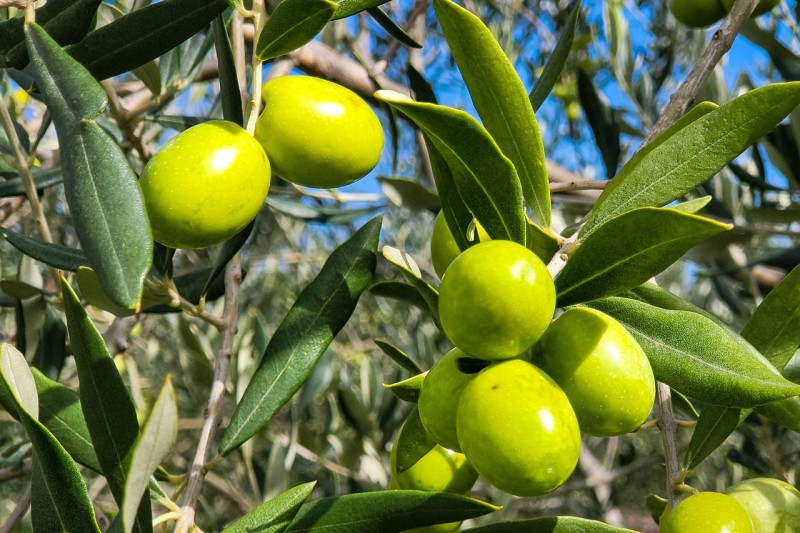Morocco to import Brazilian olive oil amid domestic shortages

The Moroccan government has granted Brazil approval to export its olive oil to the North African nation, responding to local industry challenges triggered by severe drought.
This weather crisis has significantly reduced Morocco’s olive oil production and led to a sharp rise in prices, prompting the need for alternative sources.
According to official data, this trade agreement marks a milestone in strengthening agricultural cooperation between Morocco and Brazil.
In 2023, Morocco ranked as the third-largest importer of Brazilian agricultural exports within Africa, with a total trade exchange valued at $1.23 billion.
Between January and September 2024, bilateral trade volume exceeded $903 million, reflecting notable growth in Brazilian exports to Morocco.
This development follows Brazil’s September approval to export dried distillers grains (DDGs) to Morocco, further expanding the range of Brazilian goods available in Moroccan markets.
The Brazilian government noted that this new deal is part of a broader push to diversify its agricultural exports.
In 2024, Brazil reached 193 new markets, bringing its total market footprint to 271 destinations across 61 countries since early 2023.
In parallel, Morocco’s Minister of Agriculture, Fisheries, Rural Development, Water and Forests, Ahmed Al-Bouari, recently announced the elimination of import tariffs on virgin and extra virgin olive oil.
This measure aims to stabilize local market prices and counterbalance the sharp decline in domestic production over recent years.
About The Author
dailymailafric
I am an avid African news observer, and an active member of Daily Mail Africa.
I’m Passionate about staying informed on diverse topics across the continent,
I actively contribute to publishing on political, economic and cultural developments in Africa.



